It’s one thing to know that you might need help breastfeeding, but how do you know WHEN you need help? We talk about when and why you should call an IBCLC.
There’s no breastfeeding on-switch that gets flipped when you give birth.
You and your baby learn how to breastfeed together.
But how? There are a million articles online, and everyone from your best friend to your coworker’s wife to your mother-in-law has suggestions about getting your baby to latch or boosting your supply. Who is right, though?
Whether you’re prenatally planning to breastfeed or months into your journey, though, you don’t need to figure it out all on your own. And you don’t need to resign yourself to well-meaning but outdated advice.
That’s where lactation consultants come in.
If you’ve never heard of lactation consultants or International Board Certified Lactation Consultants (IBCLCs) before now, you’re not alone. New parents are often surprised at the whole world of breastfeeding, one that they’re now a part of.
But let’s get on the same page about who lactation consultants are. When we talk about these professionals, there are different levels of certification.
Some lactation professionals are Certified Lactation Counselors (CLCs), meaning they’ve passed 52 hours of training and a certification exam. They’re highly qualified and knowledgeable in their field and an excellent resource for parents. There are also Certified Breastfeeding Specialists (CBSs), Certified Lactation Educators (CLEs), and Certified Lactation Specialists (CLSs).
On the other hand, an IBCLC has completed 90 hours of training and up to 1000 hours of clinical practice, health-related coursework and passed a certification exam. IBCLCs are also internationally recognized and must strictly follow professional standards to provide evidence-based, quality breastfeeding help to parents and their babies. What’s more, they have to renew their certification every 5 years.
The short version: If it has to do with breastfeeding, an IBCLC can help you. (Or at least answer your questions about it.)
IBCLCs help breastfeeding parents and their babies learn how to breastfeed through evidence-based education. An IBCLC can help with everything from improving your baby’s latch to coming up with a pumping schedule to identifying and treating problems like thrush and mastitis.
Some breastfeeding problems can be more serious than others. In cases where mastitis turns into a breast infection, your baby is dealing with complex medical issues, or you need additional medical or emotional support, IBCLCs can work with your healthcare providers to get you the help you need—but they can’t make medical diagnoses or prescribe medications.
If you have:
If your baby:
Breastfeeding has its challenges, but IBCLCs want you to have a rewarding, nourishing experience. There’s a path forward for every problem that will help you meet your goals, whatever they are.
But when is it time to contact an IBCLC? If you’re experiencing any of the symptoms mentioned above, then it’s time to make an appointment with an IBCLC.
However, you don’t have to struggle with the mechanics of breastfeeding or have a breastfeeding-related ailment to benefit from an IBCLC’s support.
IBCLCs do more than teach breastfeeding techniques. They help breastfeeding parents figure out how to balance breastfeeding and their lives, address sleep issues, and other vital pieces of maternal self-care. And if breastfeeding isn’t working for you, they help you figure out what WILL work for you. They understand the significant life adjustment of having a baby—or babies!—and they’re here to help.
“Breastfeeding is just one aspect of raising your child,” points out Aimbriel Lasley, Nest Consultant IBCLC. “We all want what is best for our children, and that can look like protecting our mental health in addition to or in lieu of reaching a breastfeeding goal.”
Whatever your personal goal is, an IBCLC can help you get there.
When you’ve got a baby, getting out of the house isn’t the easiest thing in the world. Even before Covid-19, IBCLCs made use of telemedicine to reach families needing help with breastfeeding.
“At Nest Collaborative, we’re pros when it comes to assessing breastfeeding situations, even through a computer screen or a phone—latching, baby positioning, jaw movements, suck/swallow ratios, and other indicators of milk transfer and feeding,” notes Nest Collaborative IBCLC, Lori Theisen.
“We can identify and recommend treatment for nipple injury, blebs, clogged ducts, mastitis, thrush, and more. While working virtually with families is a more collaborative process—parents participate more actively because we can’t get hands-on—we think this is a benefit. Families end up more engaged in their breastfeeding journey!”
Here’s what Nest Collaborative appointments look like for new clients:
“Nest’s prenatal visits are personalized to your family’s unique breastfeeding goals,” shares Theisen. “We will talk to you about the science behind breastfeeding, the how-to’s of latching, and everything you need to know to prepare you for your breastfeeding journey.”
Thanks to the Affordable Care Act, private health insurers are required to cover lactation consultant services, as well as breast pumps.
At Nest Collaborative, we accept ALL insurance plans for our lactation consultant services. Self-funded employer plans also may cover our services. Discounted rates are available for members of other networks, Medicaid, and those who are uninsured.
Medicaid plans may require prior authorization. We’ll let you know ahead of your appointment if it is likely your health plan will not cover our service.
Is it time for you to work with an IBCLC? We’d love to help. Book a convenient online video appointment with a Nest Collaborative IBCLC.
